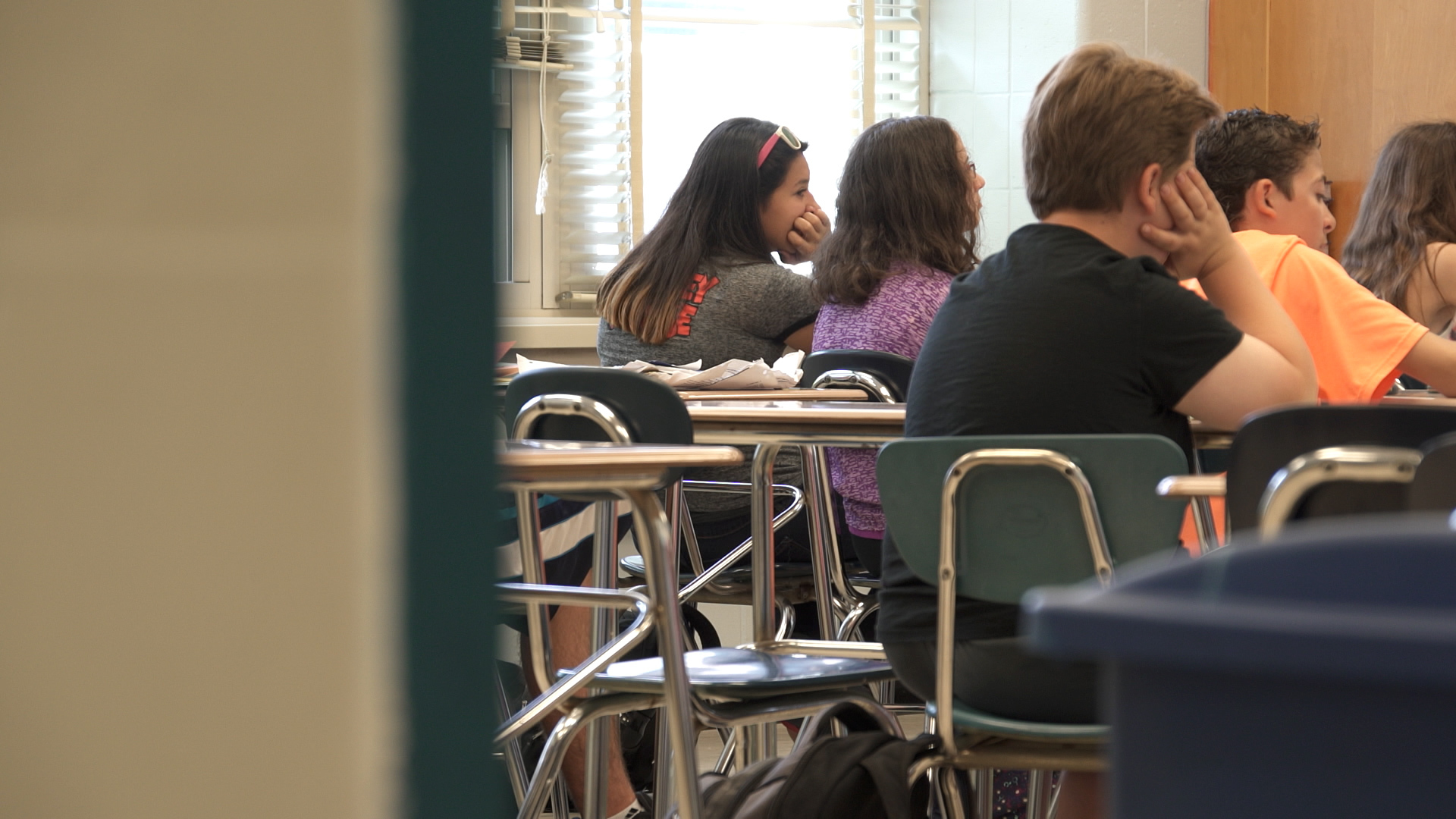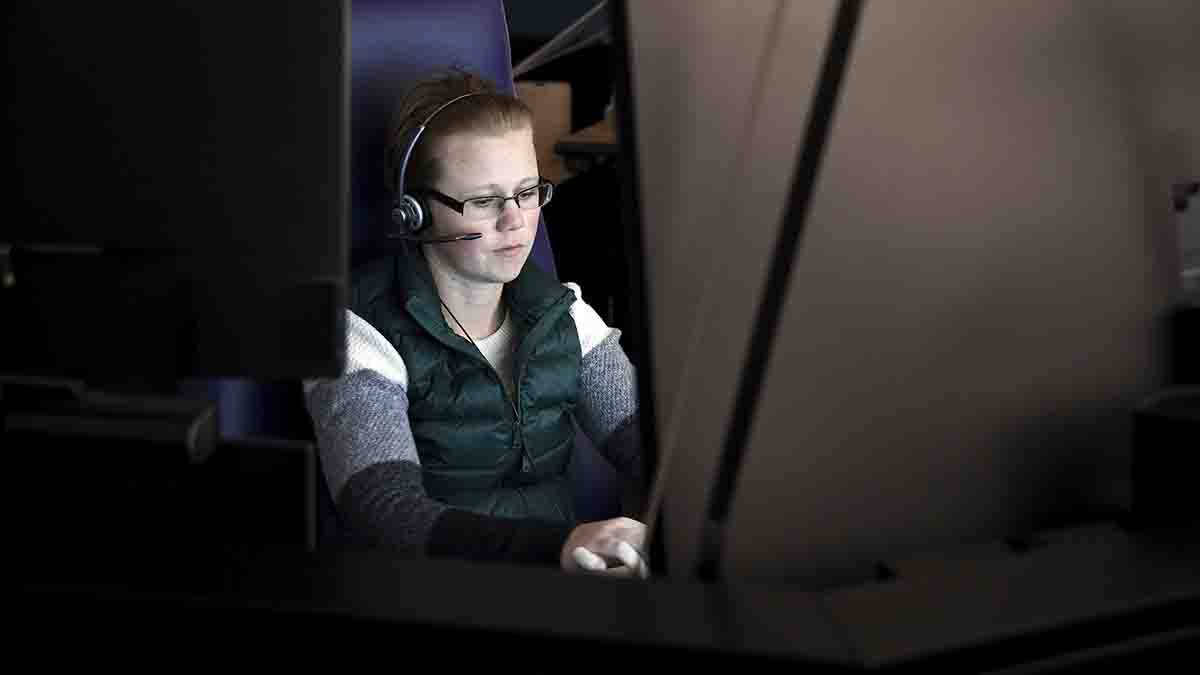As a number of small studies indicate that psychedelic-assisted therapy, including therapy using psilocybin, the active component in magic mushrooms, can be an effective alternative to addiction and mental health treatments, advocates are pushing Massachusetts lawmakers to embrace the potential and asking them to decriminalize the drugs.
Already, six Bay State cities have passed local ordinances aimed at decriminalizing psychedelics, including Cambridge, Somerville and Salem. And if state lawmakers don’t act on proposed legislation to decriminalize statewide, voters may move forward. Two potential ballot questions that would decriminalize substances like magic mushrooms were certified by Attorney General Andrea Campbell’s office earlier this month.
Psychedelic substances have been used for thousands of years. They became criminalized in the 1970s when the Controlled Substances Act was passed. Psilocybin was placed in the restrictive Schedule 1 legal category. That slowed research for decades. It wasn’t until 2000 that researchers at Johns Hopkins Center for Psychedelic & Consciousness Research received approval from the FDA to conduct research with psychedelics. Since then, scientists at Johns Hopkins have found enduring positive effects of the drug.
Research involving psilocybin shows promise in studies for folks battling everything from opioid use disorder to anorexia. Five years ago, the FDA designated psilocybin a breakthrough therapy designation, which is done when preliminary clinical evidence shows a drug may demonstrate substantial improvement over available therapy.
Get New England news, weather forecasts and entertainment stories to your inbox. Sign up for NECN newsletters.
Last month, a study published in the Journal of the American Medical Association found that a single dose of psilocybin could have long-lasting benefits for people with major depression.
And last year, a study conducted at the NYU Langone Center for Psychedelic Medicine on alcohol use disorder found more than 80% of participants dramatically reduced their drinking within eight months.
The grassroots group Bay Staters for Natural Medicine has worked with officials in a half-dozen cities to pass ordinances that decriminalize mushrooms. In Salem, Police Chief Lucas Miller worked with the City Council to help write the ordinance.
“I think there is evidence out there that there is potential with magic mushrooms…to really help people, particularly people with post-traumatic stress disorder and people with substance use disorder,” Miller said.
“People who overdose on drugs, I feel like that's something that… I can have a positive effect on. So, if there is a tool that we're missing out in that battle, I think it's our responsibility to at least give it a look."
“I'm just a police chief. I'm not a scientist or a doctor. But I think clearing the way for scientists and doctors is something that I can do and I'm happy to take part in," Miller told NBC10 Boston.
Advocates say mushrooms are not habit-forming, carry an extremely low chance of overdose and are generally very safe.
Doctors tell us psilocybin raises blood pressure and heart rates, so out of an abundance of caution, people with heart conditions are advised to not take them.
Researchers urge people with a family history of schizophrenia to avoid using psychedelics.
Some doctors that NBC10 Boston spoke recommended people to only use them in supervised settings, like a clinical trial. Those researchers also say psilocybin alone isn’t shown to be an effective treatment – that the therapy component is important. Advocates, however, say many folks have had success using psilocybin outside of clinical settings, like Marine Corps Veteran Michael Botelho.
A Somerville native, Botelho served in the Gulf War and the Balkans. When he returned home, Botelho battled health issues and post-traumatic stress order. To cope, he says, he turned to alcohol and drugs, and soon he spiraled out of control.
“I self-medicated. I went down the wrong road, “Botelho said. “I became a full-blown opiate addict. I was homeless. I lived in shelters on the street for about six or seven years.”
The key, Botelho says, to regaining control came when a friend suggested that he try psilocybin.
“Once I tried it, I couldn't believe it. I had this moment of clarity like ‘I must be onto something’, “Botehlo said. “It is like a moment of clarity when you do this, but it's something that sticks with you. It's not just the moment. The clarity stays with you."
Botelho is asking state and local officials to decriminalize psilocybin.
Aimee Jamison hoped to kick a 30-plus-year smoking habit before she turned 50.
“I think that my desire and utmost need to smoke was so strong that I never really seriously investigated quitting until the day that I woke up and realized that I was getting older”, Jamison said. “And the reality was if I didn't quit smoking, I was probably going to die young.”
Supporters of psychedelics point to success stories, including that of Aimee Jamison. An investor who lives part-time on Nantucket, Jamison hoped to kick a 36-year smoking habit before she turned 50.
“I think that my desire and utmost need to smoke was so strong that I never really seriously investigated quitting until the day that I woke up and realized that I was getting older," Jamison said. “And the reality was if I didn't quit smoking, I was probably going to die young.”
Jamison, an investor who lives part-time on Nantucket, learned of a clinical trial at Johns Hopkins Center for Psychedelic & Consciousness Research that combined psychotherapy and psilocybin. After some initial screenings, Jamison enrolled in the study. After five, in-person weekly sessions with the psychologists running the trial, she was ready for her psychedelic trip.
Jamison took a single, 30-milligram pill of psilocybin, a relatively high or “heroic” dose. She laid down on a couch, put on an eye-mask and went on a six-hour journey with two therapists nearby.
How did it go?
“It was a wonderful, transformative, deeply spiritual, deeply healing experience, “Jamison said. “At the end of it, I came down from the whole thing and I sat up and I looked at the researchers who were there with me, and I said, ‘Now I understand why I smoked and I don't need to do that anymore.’ I haven't touched a cigarette since. I haven’t wanted to. I haven’t needed to."
Jamison says it’s hard to describe the trip. She used this analogy to describe what is happening in the brain, after using psilocybin.
“Think about a school bus where normally all the kids on the school bus can only pass messenger messages to each other through the driver. And then you take the psilocybin and, all of a sudden, what happens is all the kids on the school bus can just talk to each other directly," Jamison said. “It's really almost awakening your brain with these connections.”
She’s convinced of the therapeutic value of psilocybin and hopes it can offer others struggling with addiction or mental health issues a chance to change their life.
“I do think that that whole process reconnected me to just a sense of joy and such appreciation for life and a sense of gratitude for how fortunate we all are,” Jamison said.
Legislation that would decriminalize the use of psychedelic drugs in Massachusetts statewide is being considered on Beacon Hill. Two referendum questions that would decriminalize mushrooms and other natural psychedelic substances could appear on the November 2024 ballot. Grassroots organizers are concerned about the ballot measures, due in part to the high costs associated with treatments in states that have legalized.



